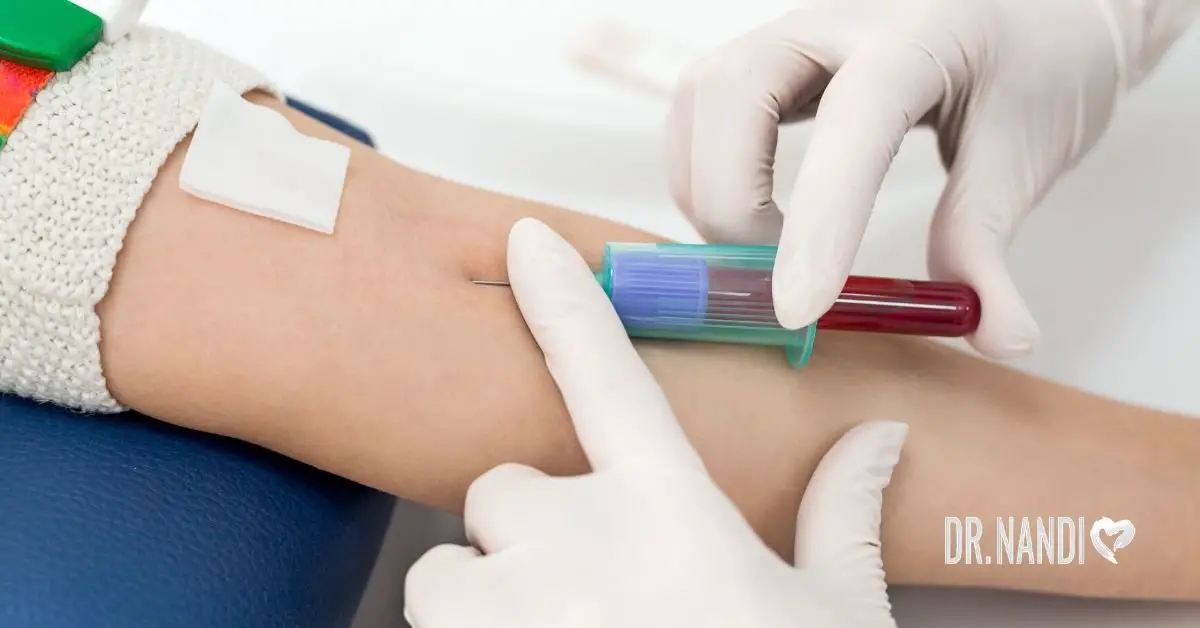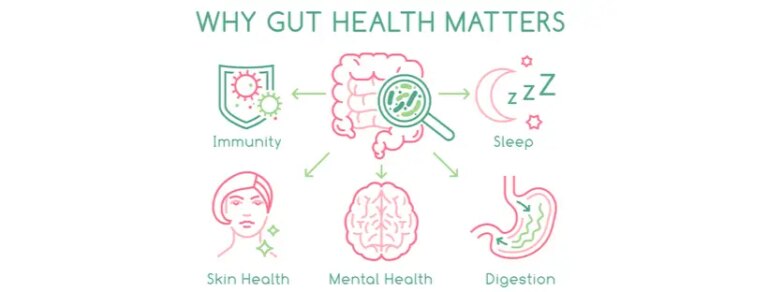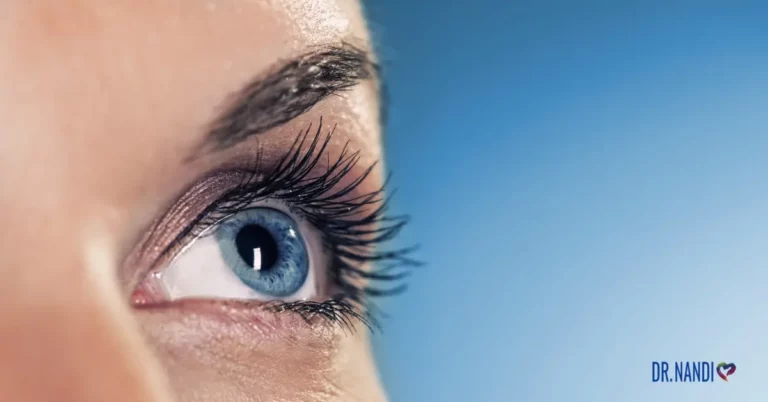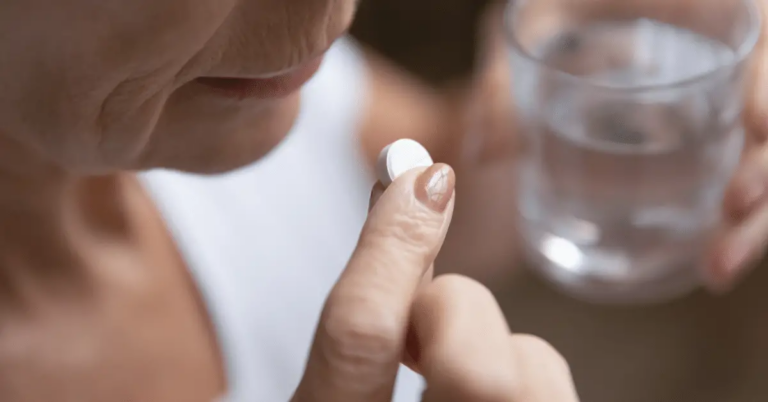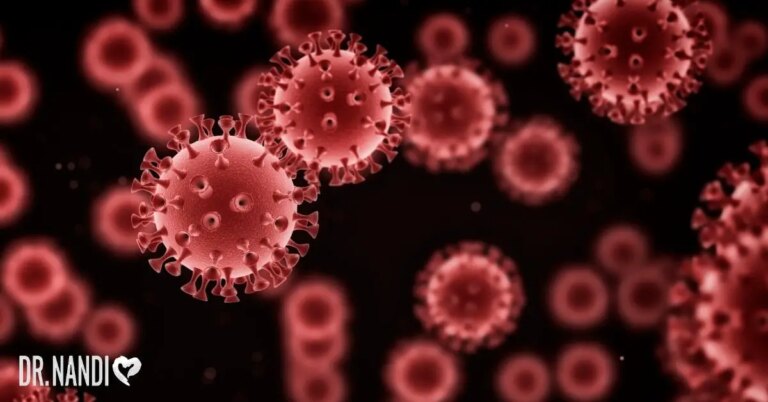Researchers in Australia have created a simple test for detecting cancer anywhere in the body. This could be ground-breaking, some say it has the potential to be a medical ‘gamer-changer’. And the best part? It only takes 10 minutes.
How Does The Test Work?
Cancer changes the DNA of healthy cells and will form a unique structure when placed in water. Researchers found that it actually folds into a 3D structure that looks very different than normal DNA tissue. And, this holds true across the board, regardless of tissue type used, including blood.
When cancer cells are present, the test uses tiny gold particles that will stick to them and change color. And you don’t need any special equipment to see the change – it can be seen with the naked eye. So far, the test appears to be a quick and easy, non-invasive, portable, and cost-effective way to detect cancer.

Is It Actually Accurate?
The test is 90% accurate. Though this is quite high, it does leave room for potential false-positives. So far, the test has been used to detect bowel, breast, lymphoma, and prostate cancers, but researches believe it will work with other types as well. This is encouraging for cancers that can kill people without early warning signs such as ovarian and pancreatic cancer.
When Can I Get The Test?
The test is not yet available to the general public. Before it can be used on patients, it must first be tested on people in large clinical trials. Cancer can be really scary. So, if this test can identify cancer while it’s in the early stages it could give you a leg up on beating the disease. When it comes to cancer, early detection increases survival rates. Until this test is on the market (and after), the best way to avoid getting cancer is through lifestyle choices. Avoid smoking, limit alcohol, eat a healthy diet, get regular exercise, protect your skin from the sun, and get appropriate screening tests.

My Personal RX: for reducing your risk of cancer:
- Vitamin D – make sure you’re getting between 800 and 1,000 IU of vitamin D each day. Getting enough vitamin D could help reduce your risk of colon, liver, and prostate cancer.
- Avoid Infections – Diseases like HIV, HPV, and hepatitis can put you at greater risk of getting cancer. These can be transmitted through unsafe sex or contaminated needles.
- Avoid Secondhand Smoke – The carcinogenic and toxic chemicals in secondhand smoke can increase your risk of developing lung cancer by 20-30%.
- Maintain a Healthy Weight – Obesity increases your risk of a myriad of disease including colorectal cancers, uterine cancer, and breast cancer in postmenopausal women.
- Prostate Health – Take my Prostate Health supplement to promote hormonal balance and improve prostate health.
- Optimize your health and wellbeing – Download my free comprehensive 50-page step-by-step Protocol guide.




